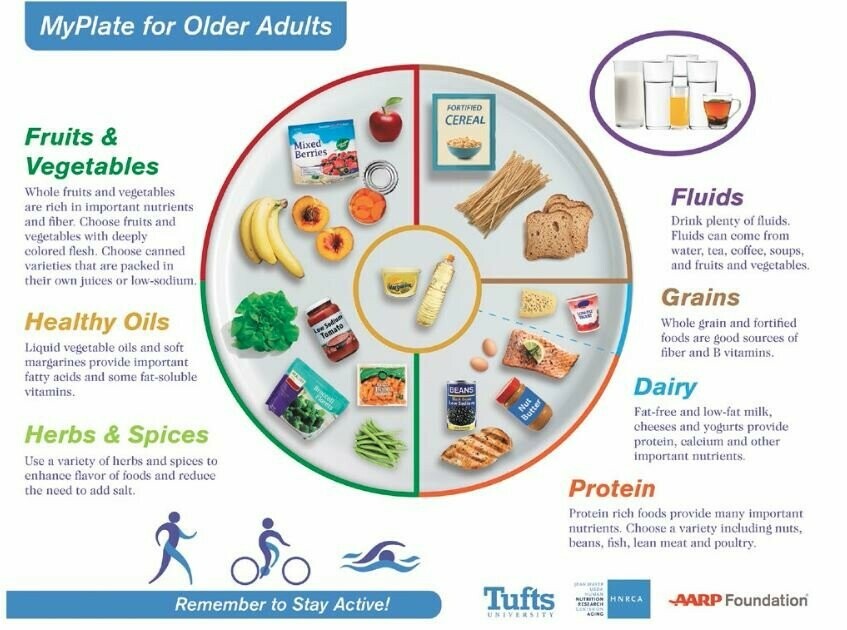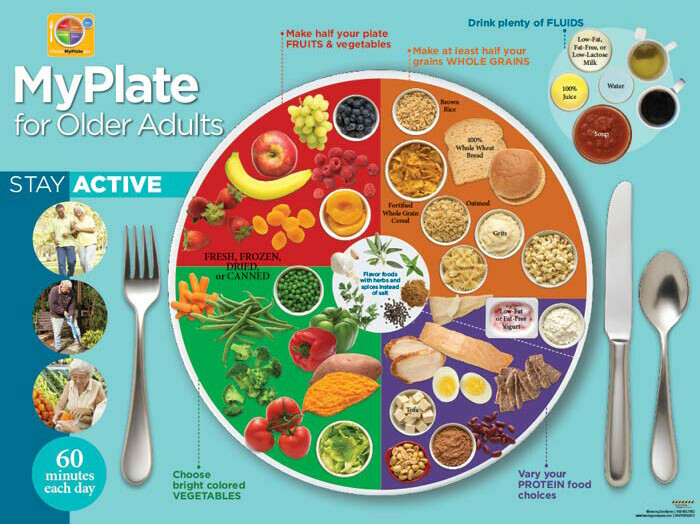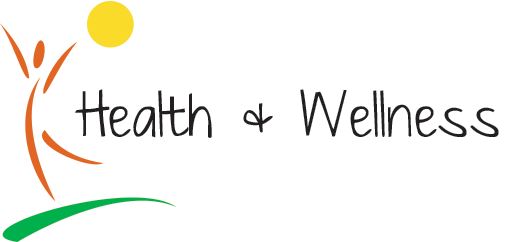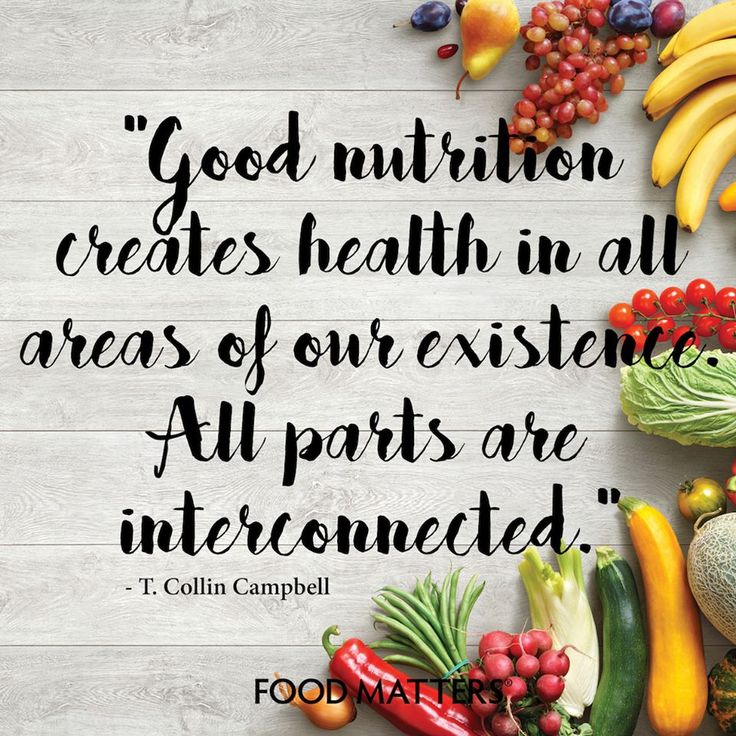As the years add up, the needs of our bodies shift in ways that aren’t always obvious. The things that fueled us in our younger days might not cut it anymore. Our metabolism slows down, and our bodies might not absorb nutrients as efficiently as they used to. This is a time to pay close attention to what our bodies are telling us.
Metabolism, that energy-burning engine in our bodies, doesn’t run as fast as it once did. This can lead to gaining weight if we don’t adjust our eating habits. Smaller portions of high-quality food become more important than ever. Plus, our digestive systems might not work the same, making it harder to get all the nutrients we need from what we eat.
Nutrient absorption also takes a hit. Certain vitamins and minerals, like vitamin B12, calcium, and magnesium, can be tougher to get enough of. It’s not just about eating enough, but about eating the right things that our bodies can actually use. This is where mindful eating comes into play, making sure every bite counts.
Many older adults face common nutritional deficiencies. These can sneak up on you and affect overall well-being. Iron deficiency can cause fatigue, while a lack of vitamin D can lead to bone problems. Understanding these potential pitfalls helps in taking proactive steps to avoid them. Regular check-ups with a healthcare provider can identify and manage these issues before they become bigger problems.
Finally, it’s all about having a nutrition plan that works for you. Everyone’s different, so what works for one person might not work for another. Tailored nutrition plans that consider your lifestyle, preferences, and health conditions can make a world of difference. Consulting a nutritionist or a dietitian can provide personalized advice and ensure you’re on the right track.

Essential Nutrients for Optimal Health
Key vitamins and minerals play a huge role in keeping us feeling our best. Vitamin D, for instance, is crucial for maintaining strong bones. As we age, our skin’s ability to produce Vitamin D from sunlight decreases, so getting it from foods or supplements becomes important. Likewise, calcium is necessary for bone health. Dairy products, leafy greens, and fortified foods can help meet daily requirements.
Protein is another superstar nutrient. It’s not just for bodybuilders; it’s essential for everyone. Protein helps preserve muscle mass, which naturally tends to decrease as we age. Lean meats, fish, beans, and nuts are excellent sources. Don’t go overboard, but make sure you’re getting enough to keep those muscles strong.
Healthy fats, like Omega-3 and Omega-6 fatty acids, are also key players. These fats support heart health and can help reduce inflammation. Fatty fish like salmon, flaxseeds, and walnuts are great sources. Incorporating these into your meals can make a big difference.
Staying hydrated is crucial but often overlooked. As we get older, our sense of thirst might diminish, making it easy to forget to drink enough water. Aim for at least eight 8-ounce glasses a day, and more if you’re active. Herbal teas and water-rich foods like cucumbers and watermelon can help keep things interesting.
Crafting a Balanced Diet
When it comes to creating a well-rounded diet, it’s all about balance. Start with guidelines for meal planning and portion control. Think of your plate as a canvas: half should be filled with fruits and vegetables, a quarter with lean proteins, and the remaining quarter with whole grains. This simple visual guide can help ensure you’re getting a variety of nutrients without overdoing it.
Incorporating nutrient-dense foods is another essential step. These are foods packed with vitamins, minerals, and other beneficial compounds without a lot of empty calories. Think fruits, vegetables, whole grains, lean proteins, and low-fat dairy products. They offer more bang for your nutritional buck.
Managing dietary restrictions or conditions, like diabetes or high blood pressure, requires added attention. It’s crucial to tailor your diet to your specific health needs. For diabetes, focus on low-glycemic index foods that won’t spike blood sugar. For high blood pressure, reduce sodium and increase potassium-rich foods like bananas and sweet potatoes.
Whole foods should be your go-to over supplements whenever possible. A piece of fruit or a serving of vegetables not only provides necessary vitamins and minerals but also fiber, which supplements lack. Whole foods contribute to overall satiety and digestive health, adding to their benefits.
Practical Tips for Maintaining Nutritional Health
Making healthy eating a part of daily life doesn’t have to be complicated. One simple strategy is to keep healthy snacks within reach. Nuts, yogurt, and fruits can ward off hunger and keep energy levels steady. Preparing meals at home more often lets you control ingredients and portion sizes. It might feel like a chore at first, but it can become an enjoyable part of your routine.
Staying active plays a vital role in nutritional health, especially as we age. Physical activity stimulates appetite and helps maintain muscle mass. Whether it’s a daily walk, yoga, or a hobby that gets you moving, incorporating some form of exercise can make a big difference. Besides, staying active supports overall well-being and mood.

Regular check-ups and screenings are just as crucial. They help catch any nutritional deficiencies or health issues early on. Labs can reveal what nutrients you might be missing, and your doctor can provide guidance tailored to your needs. Being proactive about your health allows for adjustments before minor issues turn into bigger problems.
Staying on track with nutritional goals might require some support. Join a local group or find an online community where you can share tips, recipes, and encouragement. Sometimes, having a buddy system or someone to share the journey with makes all the difference. Don’t hesitate to reach out to nutritionists or dietitians for professional guidance tailored to your lifestyle.


Sound advice to keep us on track to healthy eating especially as we age.
So true about nutrition. I started a new nutrition approach about 5 years ago. I’ve really gotten more serious with daily intake of extra virgin olive oil (the stuff imported from Italy with the date of harvest printed on the bottle!), berries, fish, more veggies.
Great idea JR! We’re all getting there, or will be, and need all the help we can get to see it through… And enjoy it! 👍
Good advice. Nice to have a site that focuses on these issues. We need a positive forward looking approach indeed.
Great information; always good to review current recommendations